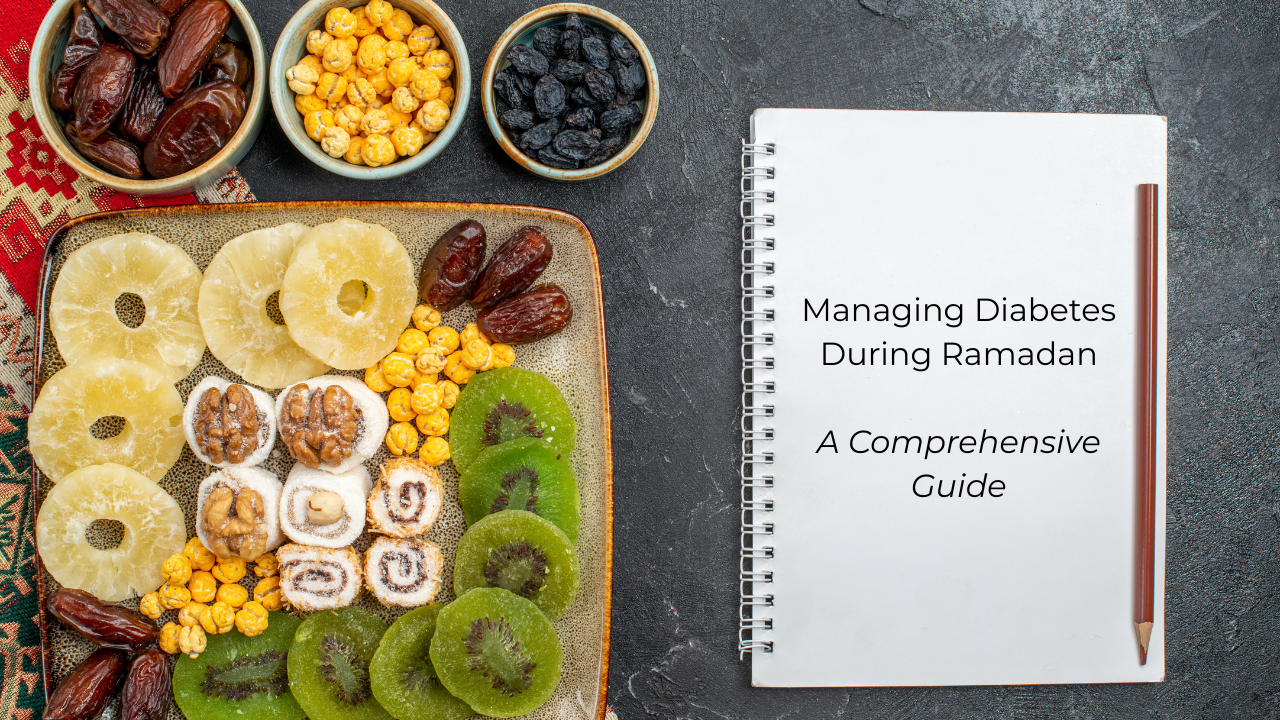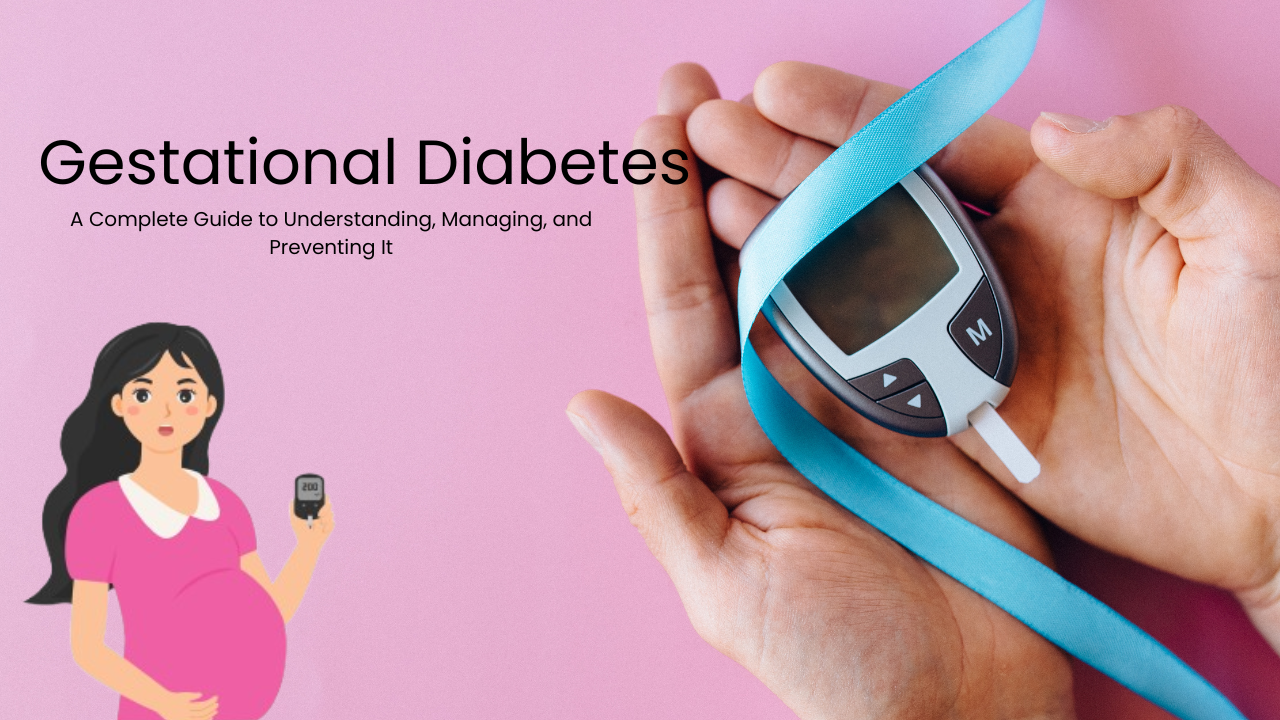Fasting is one of the 5 pillars of Islam & Ramadan is a holy month observed by Muslims worldwide, involving fasting from dawn to sunset. For individuals with diabetes, fasting during Ramadan requires careful planning and management to avoid complications. At PRIME Diabetes & Endocrinology Clinic, Dr. Satendra Kumar Multani, a renowned Specialist Endocrinologist & Diabetologist, provides essential guidelines to help patients manage their diabetes effectively during this period.
Major Risks Associated with Fasting in Patients with Diabetes
Fasting can pose several risks for individuals with diabetes, including:
- Hypoglycemia: Low blood sugar levels (Sugar levels <70mg %).
- Hyperglycemia: High blood sugar levels (Sugar levels >250mg%).
- Diabetic ketoacidosis: A serious condition that can occur when the body starts breaking down fat at a rapid rate. More common in people with Type 1 Diabetes or Type 2 Diabetes on multiple doses of insulins.
- Dehydration and thrombosis: Due to reduced fluid intake.
Pre-Ramadan Medical Assessment
Before Ramadan begins, it is crucial for patients to undergo a thorough medical assessment with their treating physician. This includes:
- Examination & counselling by the treating doctor to assess overall well-being and risk assessment to decide and agree if person is fit to fast or not.
- Control of blood sugar, blood pressure, and lipids before Ramadan starts .
- Adjustment of medication doses and timing in consultation with the doctor to avoid hypo or hyperglycemia.
Self-Monitoring of Blood Glucose
Regular monitoring of blood glucose levels is vital during Ramadan to avoid low and high sugar episodes. It must be done more frequently in patients with Type 1 diabetes and those with Type 2 diabetes on insulin. Recommendations include:
- Every 4-6 hours for patients with Type 1 Diabetes.
- 2-3 times during fasting for patients on a single dose of insulin and oral drugs.
- People at High risk of Hypoglycemia, especially Type 1 Diabetes or Type 2 Diabetes on Insulin or multiple oral medications can use CGM (Continuous Glucose monitoring) to track blood glucose regularly and adjust their medications and insulin accordingly to avoid very high or very low sugar levels.
Diet During Ramadan Fasting
Common Eating Problems in Ramadan
- Eating large meals at Iftar
- Eating significant amounts of highly processed carbohydrates and sugar at Iftar
- Eating desserts loaded with sugar after Iftar
- Having large and frequent snacks between the two main meals
- Eating quickly leads to over-eating
- Eating Suhur early, which may result in hypoglycaemia before Iftar
At Sunset (Iftar)
- Break the fast with 1 – 2 dates as per prophetic traditions
- Then start with mixing fruits, soups, milk and nuts etc. If you take juice- 100-150 ml only, fruits are better than juices.
- After 1hr – take the main meal.
- Try to take 2 smaller meals and 2 snacks rather than 2 heavy meals
- Avoid overeating at one time.
- Reduce the portion size of the rich traditional dishes which are loaded with carbohydrates and fat
- Avoid or reduce spicy and oily foods
- Avoid or reduce caffeine drinks such as coke, coffee or tea
- Increase water intake during non-fasting hours (2-3 lit intake)
Predawn Meal (Suhoor)
- Consume complex carbohydrates like whole rice, brown bread, oatmeal, and plenty of vegetables, fruits, and legumes.
- Include Egg white, low-fat milk or yogurt.
- Increase fluid intake during non-fasting hours.
- Take the predawn meal as late as possible before the fast begins.
- Avoid spicy foods and caffeine to prevent dehydration and headaches.
Breaking the Fast
Patients should break their fast immediately if:
- Hypoglycemia occurs (blood glucose ≤ 60 mg/dl or 3.3 mmol/l).
- Blood glucose reaches 70 mg/dl (3.9 mmol/l) in the first few hours after starting the fast, especially if insulin or sulfonylurea drugs were taken at predawn.
- Blood glucose exceeds 300 mg/dl (16.7 mmol/l).
- Avoid fasting on sick days.
Modifying Exercise Programs
- Adjust the intensity and timing of exercise to avoid hypoglycemic episodes.
- Avoid exercise if blood sugar levels are low.
- Go for simple stretching exercises in the morning 3-4 hrs. after suhoor.
- Consider exercising 2 hours after the sunset meal.
Managing Hypertension (High BP) and Dyslipidemia (High Cholesterol)
- Adjust antihypertensive medications to prevent hypotension due to dehydration and volume depletion.
- Continue medications for elevated cholesterol and triglycerides.
Conclusion
Managing diabetes during Ramadan requires careful planning, regular monitoring, and adjustments to diet, medication, and exercise routines. By following these guidelines, patients with diabetes can observe Ramadan safely and maintain their health. For more personalized advice and consultations, you can book appointments with Dr. Satendra Kumar Multani at PRIME Medical Center – Reef Mall





